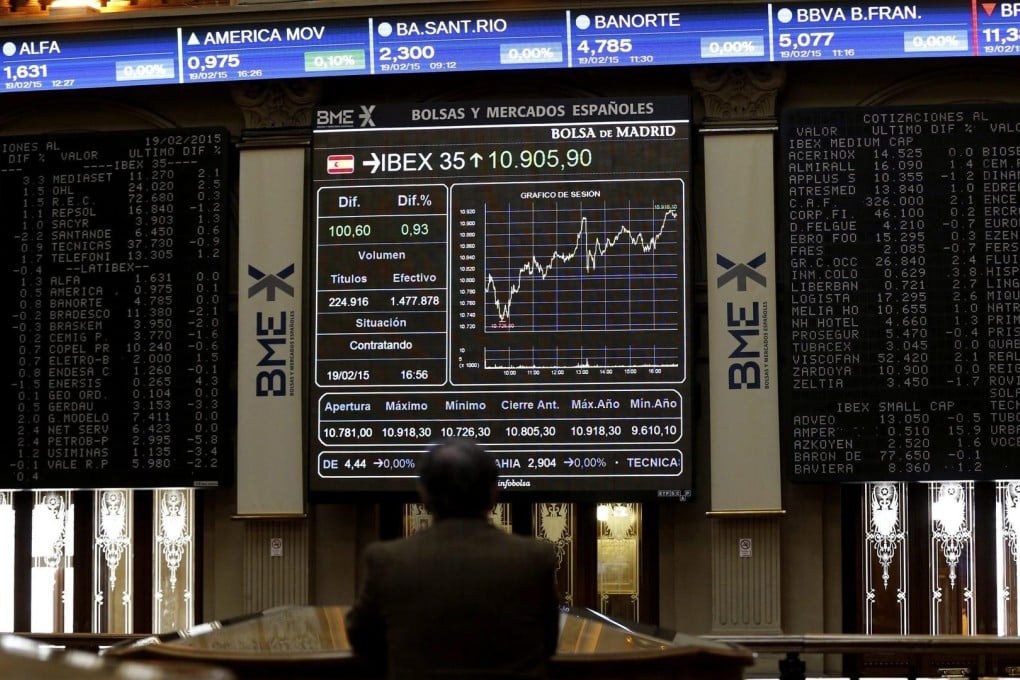What is the proper role of mathematics in economics?
The real issue is not the difficulty, but the 'proper' use of maths, especially when it takes the place of common-sense observations

There is a widespread public misconception about the level of difficulty of mathematics used by economists.
Perhaps the real issue is not the difficulty but the "proper" use of maths in this field.
Theoretical physicist Leo Smolin has lamented how "lesser" physicists are often contaminated by the improper use of maths. To a large extent, this is even worse among economists, especially those from the Chicago school who pay little attention to common-sense propositions. But the most advanced maths used by economists today may baffle even a well-trained physicist.
It is simply not true that much of mathematics for economics could be learned by a competent physicist in two months. In finance, one deals with random processes where the time series of price are not differentiable, but can be integrated.
This requires further study of such subfields as measure theory and Lebesgue integrals. To understand how they work further requires some heavy-duty understanding of Brownian motion, something for which Einstein won an Nobel prize and what is called Ito calculus.
Briefly put, this results in establishing an equivalence between a continuous partial differential equation and an Ito integral. It is not something I could easily master with just two months of intense study.
Even if you understand all that in a deep mathematical way, it still can't account for so-called black swans, improbable but high-impact events like the global financial crisis.